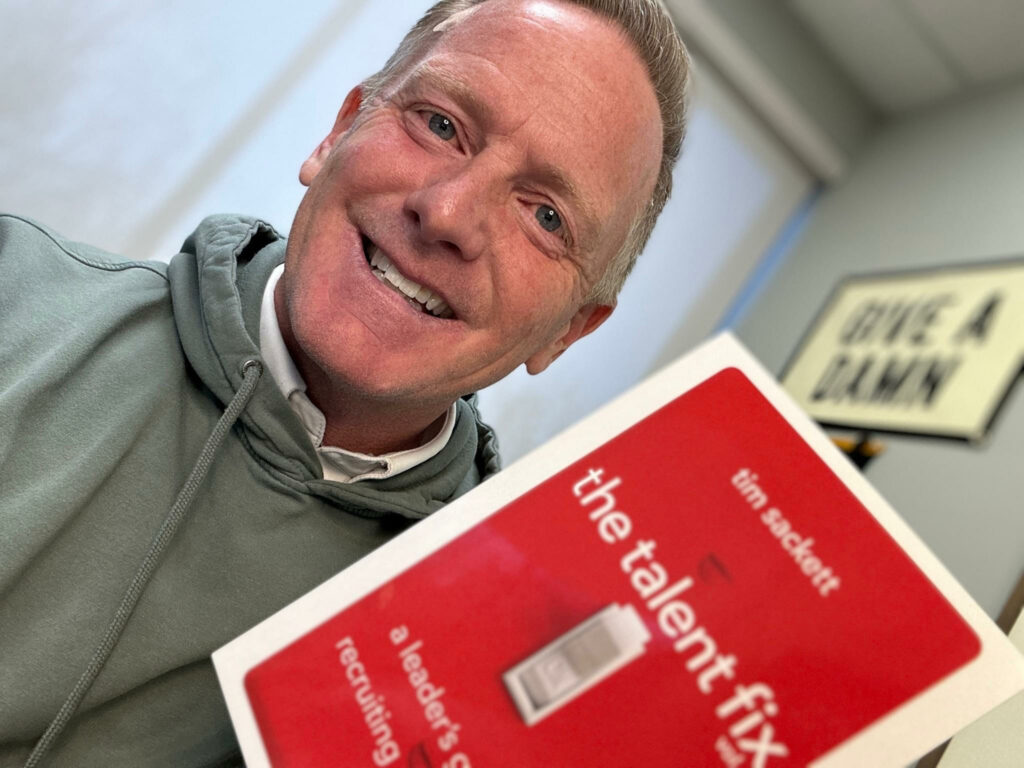“Can I be honest with you?” is a phrase usually followed by some sh*t you don’t want to hear. We talk about this concept a bunch in HR. We need to tell our employees the truth about their performance. We work to coach managers of people on how to deliver this message appropriately. We develop complete training sessions and bring in ‘professional’ communicators to help us out on the exact phraseology we want to use. All so we can be ‘honest’ with our employees.
Can I be honest with you?
No one wants you to be honest with them.
Employees want you to tell them this:
- You’re doing a good job.
- We like having you on the team.
- You’re better than most of the others here.
- Your career looks promising, and a promotion might be on the horizon.
- Here’s your yearly raise.
But that’s only true for about 5% of your crew. The other 95%? Well, they won’t be thrilled with total honesty.
Talent management is a tough nut to crack. No fancy software can fix this. Most folks don’t dig straight-up honesty. It’s uncomfortable, causes drama, and people don’t like hearing they need to step up. Tell someone there’s ‘room for improvement,’ and they think you just called them a failure about to get the boot.
As managers, we tend to dance around the truth. We all have things to get better at, but saying it out loud stings. If someone says they’re cool with feedback, they’re probably lying to you and themselves. Those are the ones who lose it when they hear the truth. People who say they want honest feedback actually want to hear they’re rock stars. Anything less, and they freak out.
So, what’s the real solution?
Say nothing. Set clear metrics for performance. Make sure everyone gets them. When an employee asks for feedback, hand over the metrics and let them spill first. That way, you can agree or disagree. Otherwise, it’s all just opinions, and opinions and honesty don’t mix well.
But hey, you already knew that. Thanks for stopping by. You’re doing a solid job – way better than the other readers. Keep it up, and you’re on the up-and-up!

